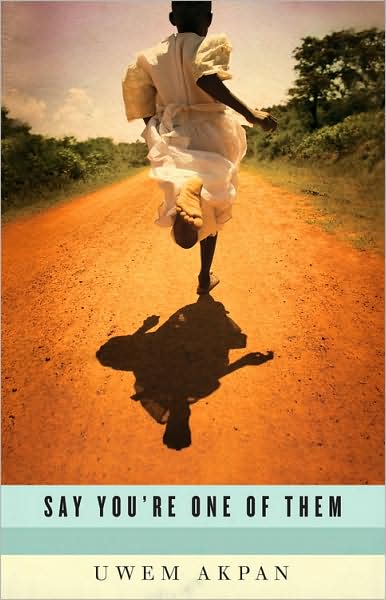
Author: Matthew Aaron Goodman
Publisher: Touchstone, Simon & Schuster
Copyright: 2009
Well, after the first breathtaking section (the sections are called "bars," by the way - the table of contents is called the "composition" - nice touch - I wonder how the music aspect plays out in the book), well - the pace slowed down a bit. The early childhood years of Abraham's life are told through snippets of stories about himself, his family, his neighborhood... It is a bit disjointed, and for a few pages I was wondering where the story was going, if there was an actual plot. But then the pieces start coming together, and by the middle of the third "bar," the real story seems to start.
One thing that confused me and took a while to get used to - Abraham's mother is a teenager, and her mother is the age I would think of when I hear the word "mother." The narrator refers to these two as "my mother" and "my grandma," which made me have to stop and think about whom exactly each one referred to each time they were mentioned. But I got used to it, and now it flows nicely.
So - a little disappointed that the brilliance I saw at the beginning isn't steady throughout the book. But here's hoping this was just an interlude and that the things I loved about the beginning are in the rest of the book as well!
